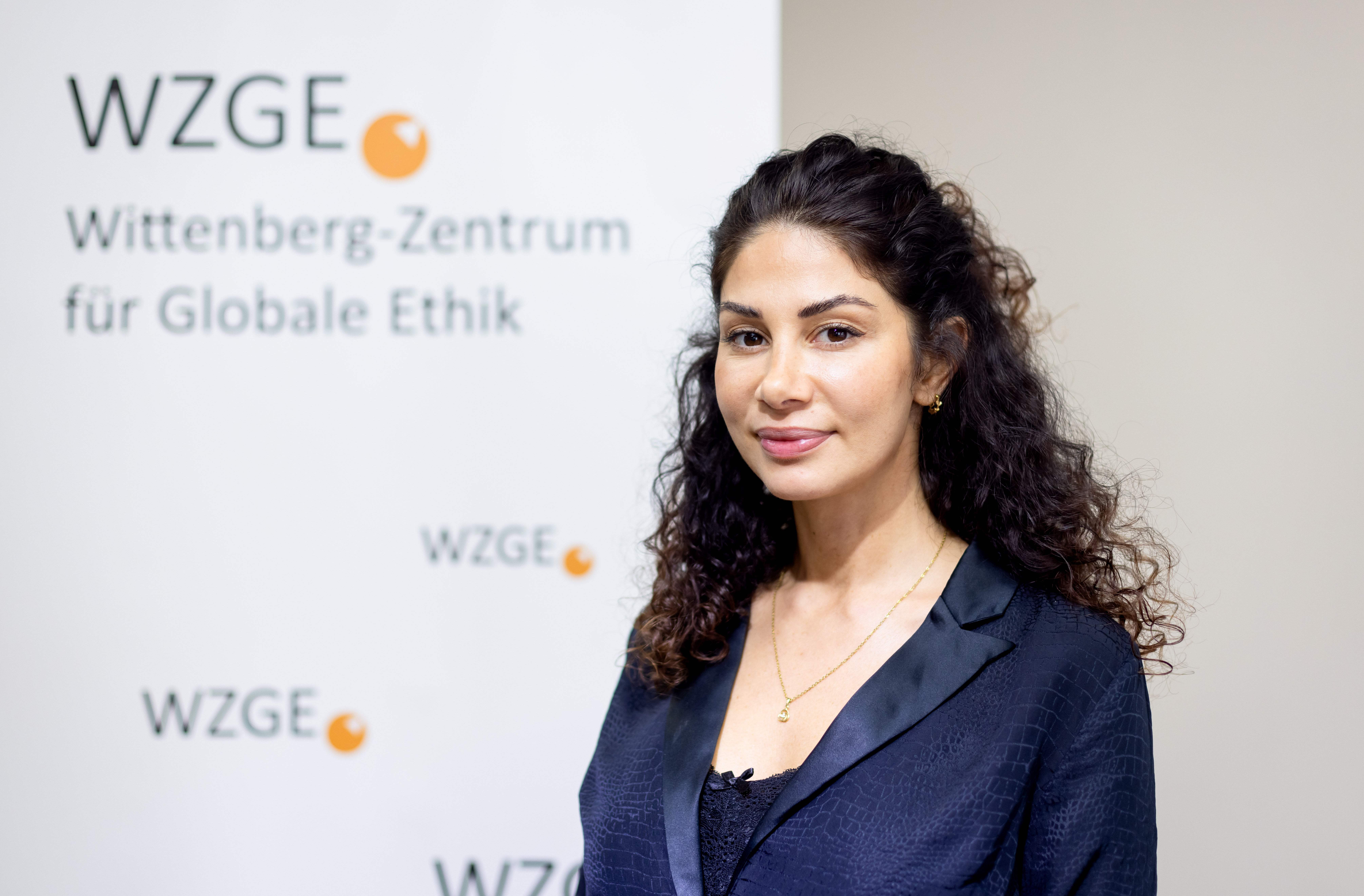
Title of Dissertation:
Intercultural Management and the Extended Golden Rule
Supervisor: Prof. Dr. Andreas Suchanek
University: HHL Leipzig Graduate School of Management
Scholarship: KSG Scholarship
Cohort: 5. Cohort, 2018-2021
[accordion activeIndex=""]
[item title="Short Abstract"]
Though extensive globalization and internationalization decentralized process of work has risen as well as the pressure of competition and innovation. In highly competitive business and organizational environments a new paradigm of work - the so called Peopleware of the 21st century” has emerged. These are multicultural virtual dispersed working teams that are not bound through time, space or organization and which operate thanks to the use of new Information and Communication technologies to keep up with this highly complex environment. This new paradigm is opening new competitive markets for companies but also for employees in all sectors. Today literally every industry has turned to virtual teams for a variety of purposes and functions.
However, these virtual teams or e-teams are also a major business challenge of the 21st century and raise questions concerning their effectiveness and the types of interventions that managers can use to launch and sustain them. In this regard, the most important question is about the role of global e-leaders and global leadership and the success of e-teams. Today, 75% of virtual teams fail due to high demands and the incapacity of execution of given tasks by its team members. These failures are due to lack of commitment, motivation, miscommunication and lack of trust
Global virtual leaders must inspire and lead people from a range of different cultures with very different backgrounds simultaneously and across different time zones with little face to face encounter while making use of the best communication technologies. Therefore, the management of these complex social interactions demands a sophisticated and equally complex form of leadership. The team’s success relies on leadership’s capacity in defining and implementing transnational visions, build synergies, bridging communication gaps and building psycho-social aspects like trust within the team. As for that good and successful leadership in e- teams must create a common understanding of the game within the team (Schaffung eines gemeinsamen Spielverständnis) to counter potential failures.
The economic approach to business ethics analyzes the realms of good and responsible corporate leadership for social cooperation for mutual benefit. The notion of trust as an asset and its relation to corporate leadership and responsibility are essential in this approach and bear fruit to the ‘extended golden rule’ which is defined as “Investment in the conditions of social cooperation for mutual benefit!”. With e-team members sticking to the extended golden rule, the conditions for an e- teams success is given.
As for that global leadership needs to “make people volunteer” to stick to the extended golden rule. Furthermore it has to ensure that all team members “invest”(through steering self-control) in the “conditions” (trust) for “mutual benefit” (not just for themselves but for all other team members).
Main problem:
- How can global leadership make e-team members in multicultural virtual business contexts volunteer to stick to the extended golden rule?
Related questions:
- How can global leadership ensure that team members have the same understanding of the game (gemeinsames Spielverständnis) and that they know what to do in times of conflict with regards to the extended golden rule (“invest in the conditions of mutual benefit” and “do no harm”) ?
- What does global leadership need to do that vulnerabilities of certain team members will not be exploited in times of distress by other team members (do no harm)?
Further research required on business hacks:
1) What is good leadership?
- Laying out a shared understanding of the game
- Etc.
2) How is the extended golden rule materialized in a business context?
- Not yelling if somebody does a mistake
- Etc.
[/item]
[item title="PhD Related Publications"]
- Lili Jassemi. Global Virtual Teams & Trust. Springer: Schriftenreihe der HHL Leipzig Graduate School of Management, 2023. https://link.springer.com/book/10.1007/978-3-658-41852-6
- https://www.taxpayers-europe.org/information/newsletter-archive.html
[/item]
[/accordion]
